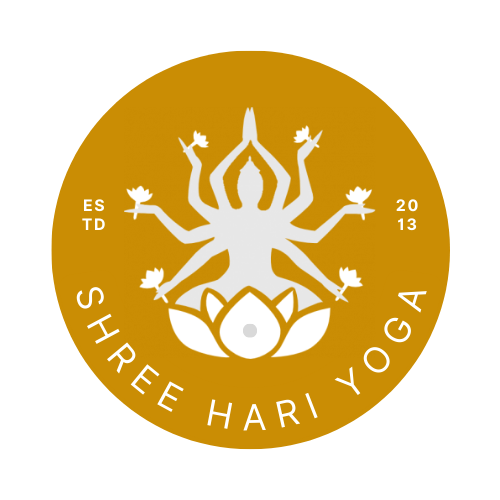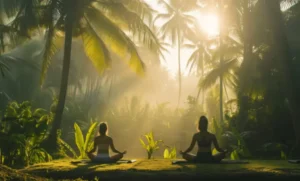Table of Contents
ToggleExploring the Intricacies of Panchakarma in the Heart of Goa
Introduction
When I arrive on the sunlit shores of Goa—where the waves meet golden sands—I find more than just beaches and nightlife. Hidden within this tropical paradise is Panchakarma, an ancient healing system from Ayurveda. In this guide, I share my personal journey and explain how Panchakarma works, especially when experienced in Goa.
Panchakarma: The Art of Harmonious Healing
Panchakarma is the heart of Ayurveda, India’s ancient system of natural medicine. Its purpose is simple yet powerful: cleanse the body, calm the mind, and restore balance. This process follows five key steps—each like a musical note in a healing melody.
- Vamana (Therapeutic Vomiting): This first step removes excess Kapha—the water-and-earth energy. With expert supervision, the body releases toxins through vomiting. This step begins the journey of detoxification.
- Virechana (Purgation): In this step, excess Pitta—the fire-and-water energy—is removed through guided cleansing of the digestive system.
- Basti (Medicated Enema): Next, a medicated herbal enema is used. This balances Vata, the air-and-space energy, and helps nourish and rejuvenate.
- Nasya (Nasal Therapy): Then, oils or herbs are applied through the nose. This clears the head, improves breathing, and calms the nervous system.
- Rakta Mokshana (Bloodletting): Finally, impure blood is carefully released. This technique helps balance the blood and energy throughout the body.
Each step has a purpose and flows into the next. Together, they form a complete healing experience.
My Panchakarma Journey in Goa
Abhyanga – The Healing Touch
The first treatment I receive is Abhyanga. As warm herbal oil is gently massaged into my skin, I feel tension melt away. This massage is not just relaxing—it improves circulation and helps the body prepare for detox.
Swedana – Herbal Steam Therapy
After Abhyanga, I step into a steam chamber. The herbal steam surrounds me like a warm hug. I can feel the toxins leaving my body through my pores. My muscles loosen, and my thoughts quiet down. This stage makes me feel both calm and light.
Virechana and Basti – Deep Cleansing
The next steps depend on my body type. I undergo Virechana and Basti, where my body releases built-up toxins. These treatments feel intense, but they also bring a deep sense of renewal. I start to feel more energetic and focused.
Diet and Lifestyle – A New Beginning
Once the treatments end, my practitioners guide me on diet and lifestyle. They explain how certain foods affect my balance. I learn what to eat and how to stay healthy every day. This part helps me carry the benefits of Panchakarma into daily life.
Where to Experience Panchakarma in Goa
Goa is home to many wellness centers, but one stands out to me: the Shree Hari Yoga School. This retreat blends yoga and Ayurveda, offering both spiritual practice and deep healing. The staff listen carefully to my needs. They tailor each treatment for my body type and energy.
The space feels peaceful and clean. I meet skilled therapists who support me every step of the way. For anyone seeking transformation, Shree Hari Yoga School is a great place to start.
Panchakarma in Goa: Where Ancient Wisdom Meets Modern Travel
Goa offers more than fun and sunshine. It offers a chance to reconnect with yourself. Panchakarma is not just a therapy—it’s a full-body reset. It helps you slow down, cleanse, and feel whole again. When I leave Goa, I don’t just feel relaxed. I feel transformed.
FAQs on Panchakarma
How long does Panchakarma last?
It usually lasts 7 to 21 days, based on your health goals. Some programs are shorter or longer, depending on what your body needs.
Is it mainly for weight loss?
No. While some people lose weight, the main goal is balance and detoxification, not just shedding pounds.
Can I do it at home?
It’s not recommended. Panchakarma needs professional guidance in a clean and calm environment.
How often should I do it?
Many people do Panchakarma once a year. Others do it more or less often. A qualified Ayurvedic doctor can guide you.
Final Tips
To get the most out of your Panchakarma experience in Goa:
- Choose a certified Ayurvedic center
- Allow time for recovery after the treatment
- Follow the post-treatment diet and lifestyle tips





